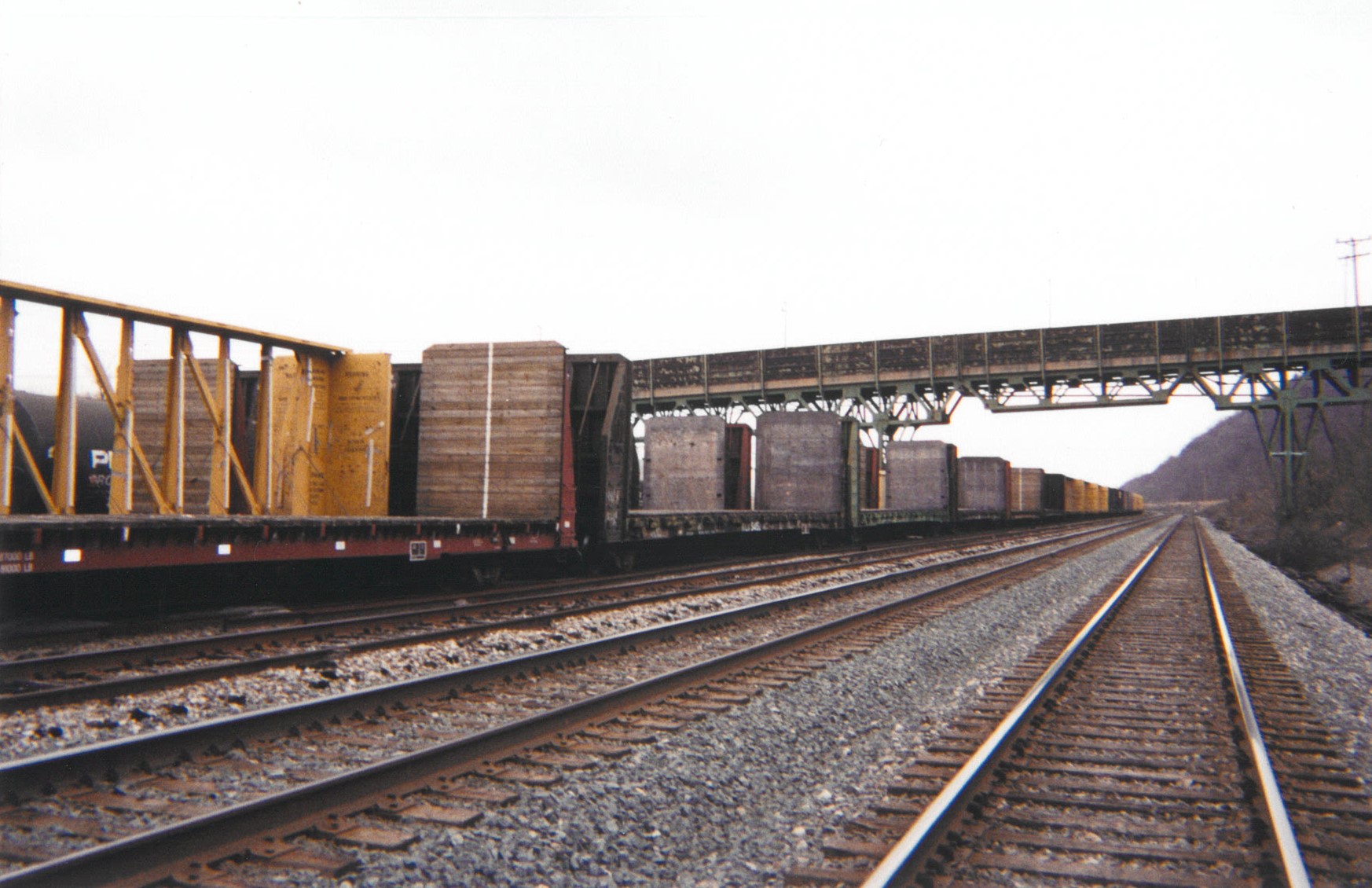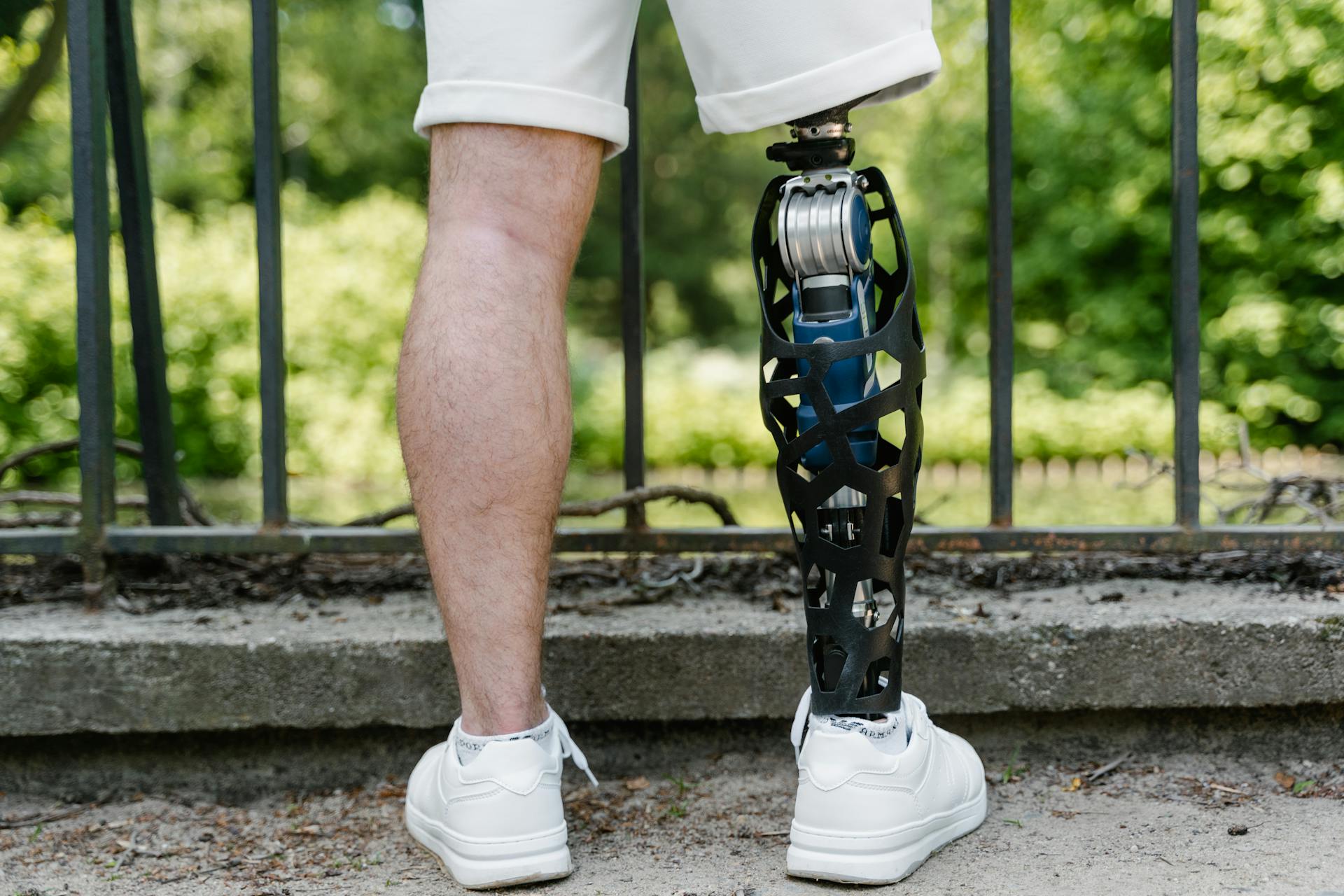
In previous posts, we have stressed the importance of seeking medical attention immediately after an on-the-job railroad injury. Equally important, is maintaining medical treatment until you have 100% fully recovered.
We often see injured workers undergo some physical therapy or even get surgery after an injury, but then stop seeking care with their doctors even though they are still experiencing symptoms. The reason why it is important to maintain treatment until symptoms have completely resolved is that there is a chance that those symptoms will continue to get worse and may eventually affect that person’s ability to continue working. Stopping treatment too early could jeopardize a chance of a full recovery. It can also jeopardize one’s ability to obtain full and fair compensation for their on-the-job injury later on.
When a railroad worker has a large gap between the last day of their treatment and the time they bring a claim under the Federal Employers’ Liability Act (FELA), it allows the railroad to argue that the on-the-job injury is not the cause of the current symptoms. They will argue that, because the worker stopped their treatment, their injury must have been completely resolved. This implies that the worker must have sustained some other injury outside of work and is now trying to blame the railroad. They may also imply that the pain or symptoms the worker is experiencing must not be that bad since they never complained to their doctors or sought care. Under the FELA, a railroad worker must not only prove that their injuries were caused by a workplace event, but they must also prove the severity of their injuries, which is what determines how much compensation they are entitled to. Without consistent medical records to corroborate ongoing symptoms, this becomes more and more difficult.
This is why, after a workplace injury, it is important for railroad workers to continue treating with their medical providers until they no longer are experiencing any pain or other symptoms and notify their doctors if their symptoms return. Failure to do so could affect your right to compensation. If you have been injured on the railroad, contact us today for a free consultation.





